‘Old World’ is the second game developed by Mohawk Games, a studio founded by Soren Johnson, the designer of ‘Civilization IV’ after leaving Firaxis.
Sniff sniff, you can already smell it—the scent of a grand strategy (4X) game.
In simple terms, this game can be described as a 4X game that combines the ancient era-only ‘Civilization’ with a simplified version of ‘Crusader Kings'’ family feuds and succession systems. It truly has a unique flavor. Based on that description, it could be either a masterpiece or a game that falls into a confusing gray zone. So, comparing the commonalities and differences between the two games helps us understand Old World better.
At its core, Old World follows the basic grammar of 4X games faithfully. You become a monarch and must control elements like culture, war, technology, science, and religion. You explore, expand, develop, and subdue your rivals—either physically or intellectually. You must constantly prevent other nations from becoming stronger or more advanced than yours.
In-game, your king may be a brilliant tactician, but in their personal life, they resemble a character from a comedy film. For instance, when you need to make a critical decision in the middle of war, the king might get distracted by falling in love and miss the decisive battle—something unimaginable in Civilization. This adds a Crusader Kings-style narrative layer to the Civilization-like core, albeit with toned-down absurdity.
Old World inherits not only the distinct features of both games but also a massive amount of in-game text. There’s an overwhelming number of tooltips and encyclopedic entries, often interconnected like a wiki, requiring constant reference. Playing without Korean localization can be quite exhausting, but fortunately, Stove offers the only official Korean version, allowing for a more comfortable and intuitive experience. Thank you, Stove.
While Civilization covers everything from the Stone Age to the Space Age, Old World focuses solely on ancient times. As a result, every choice becomes more granular.
You begin the game with a scout unit to explore the map. Initially, the map is unexplored. A host of unknown areas and hidden secrets await the player. You discover barbarians, tribes, foreign nations, and various doctrines that could become state religions.
Scouts gain greater visibility from hilltops and can hide in forests to better observe enemy movements despite reduced visibility. When you find suitable land through exploration, you can establish a city to expand your nation. You can harvest resources and luxuries or gather armies to drive out rival nations and tribes. The game offers you choices between negotiation and trade. This emphasis on decision-making is a hallmark of 4X games.
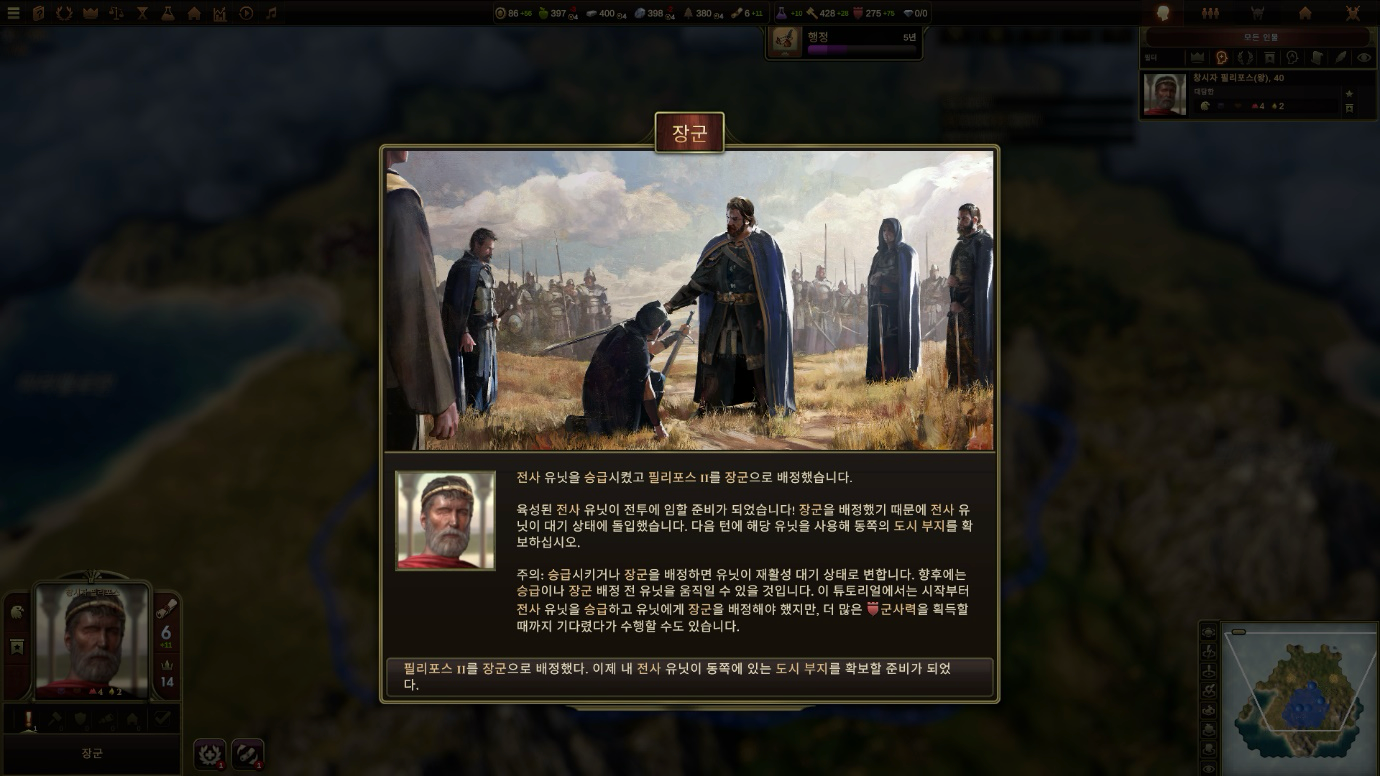
To develop your city, you need to build facilities and roads. These are categorized into rural and urban improvements. Rural improvements include farms, mines, and quarries, which can be constructed on any non-urban tile. These facilities provide production bonuses, especially when placed on appropriate tiles. You can assign specialists to each facility to further increase efficiency. Each type of improvement allows for specific specialist upgrades, offering additional strategic growth opportunities for your cities.
There are also unique elements that distinguish Old World from Civilization. The most notable is the limited number of orders. Based on a prestige-like system, these orders determine how many commands you can issue per turn. This mechanic reflects the efficient administrative capabilities that ancient kings aimed for. In history, stronger governance through edicts or laws allowed a king’s will to reach farther. Likewise, increasing the number of orders in-game lets you move units or issue construction commands more effectively, boosting productivity over your rivals.
Technology research also differs slightly. While it retains the familiar tech tree structure from Civilization, you select technologies via a card drawing system. A few cards are presented as choices, and selecting one discards the rest. Like Civilization’s Eureka moments, you receive bonuses for completing techs, but these come with time limitations. You must choose whether to take immediate benefits or continue down the tech tree. The limitation of time, resources, and strategic alignment makes for a compelling system.
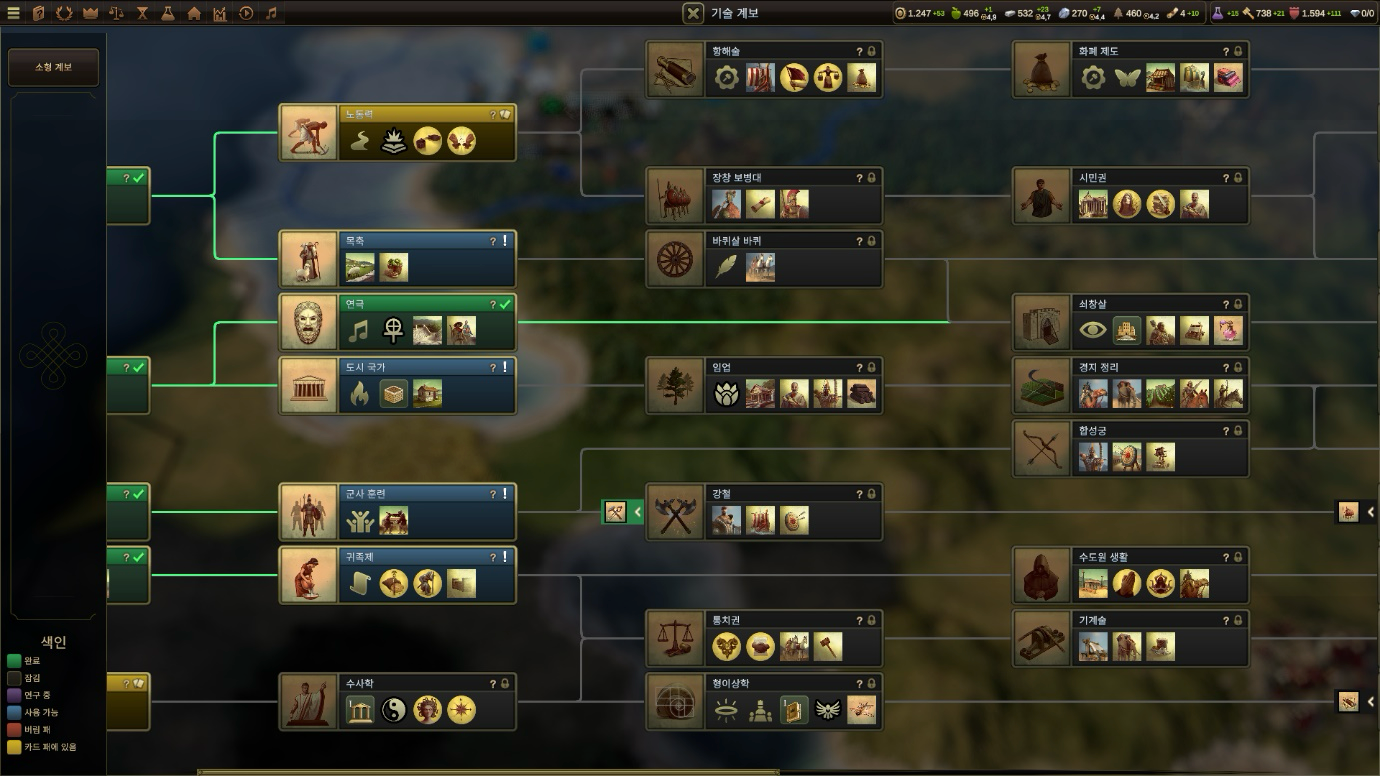
In combat, players can use resources to force a unit to move again after its turn or appoint generals to shift the tide of battle, alleviating the repetitiveness of standard turn-based combat. However, this may come at the cost of some of the genre’s usual depth and deliberation. An undo function is also available.
These mechanics resemble instance cards from board games or TCGs. While many modern 4X games borrow board game elements, Old World leans even more heavily in that direction. Given that Sid Meier’s Civilization was inspired by the board game of the same name, Old World seems to inherit not only its form but also its spirit.However, trying too hard to mimic a board game may have drawbacks. Civilization aims to simulate history through its mechanics. Renaissance-era cultural booms, for instance, emerge organically from stats like tech levels, population, religious influence, and inter-civilization dynamics. In contrast, Old World simplifies historical events by tying them to myths or quests. This makes the game feel more like you're completing “timeline quests” than engaging in a grand narrative.
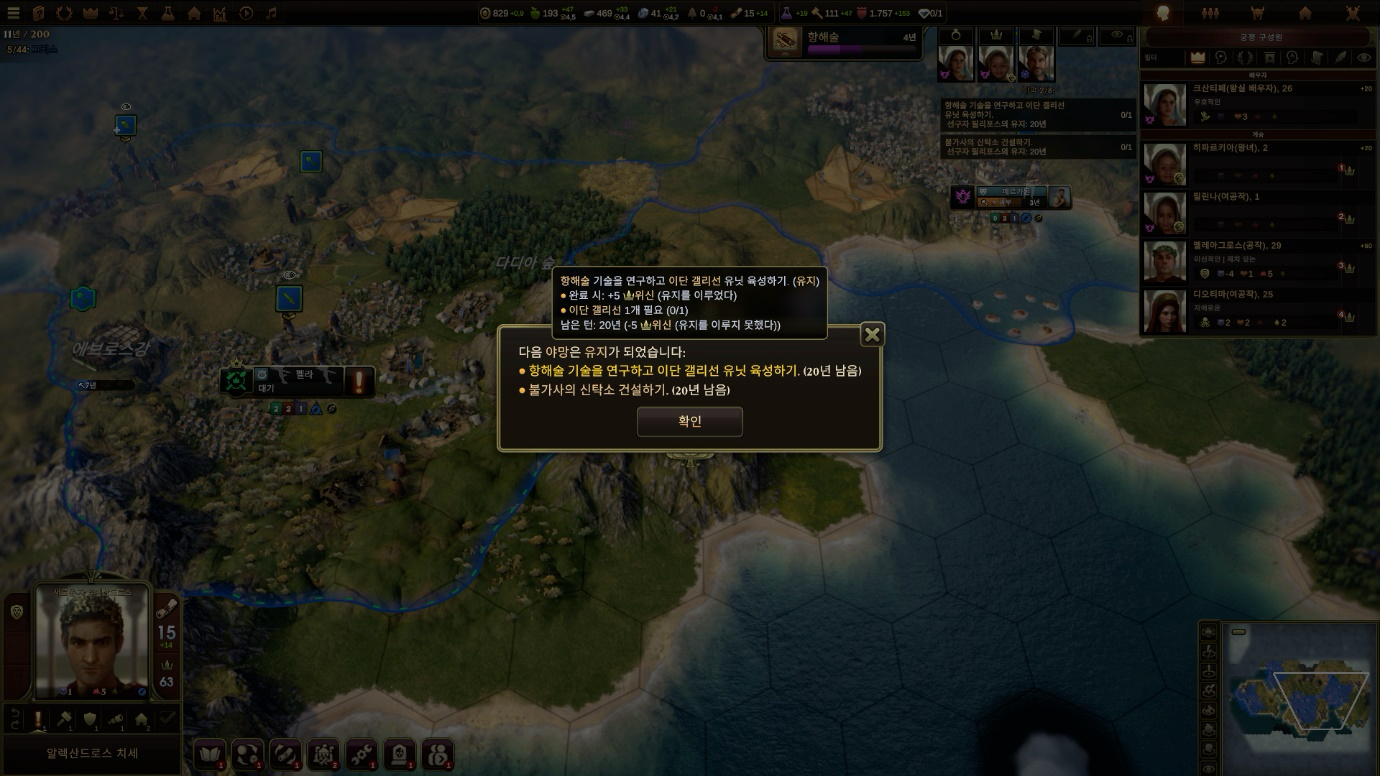
Victory in Old World isn’t achieved solely through military conquest.
Diplomatic, religious, cultural, and technological victories are all possible. One feature that sets it apart from Civilization is the “Ambition” system, which reflects the leader’s personal desires. Each faction acts to fulfill the ambitions assigned to them. Some ambitions pass on to heirs after a leader’s death. Achieving them increases your prestige, ultimately leading to an ambition victory.
To achieve ambitions, you’ll need to grow your cities while balancing the competing interests of various noble families. This brings a layer of political dynamics that adds a subtle role-playing flavor. As a result, it can feel like The Sims disguised as a 4X strategy game.
Role-playing elements tie directly into one of Old World’s core systems: succession. To secure succession, you must arrange marriages between your princes and princesses and members of noble families, foreign nations, or tribes. Just like in history, your political landscape shifts depending on your in-laws’ allegiances.
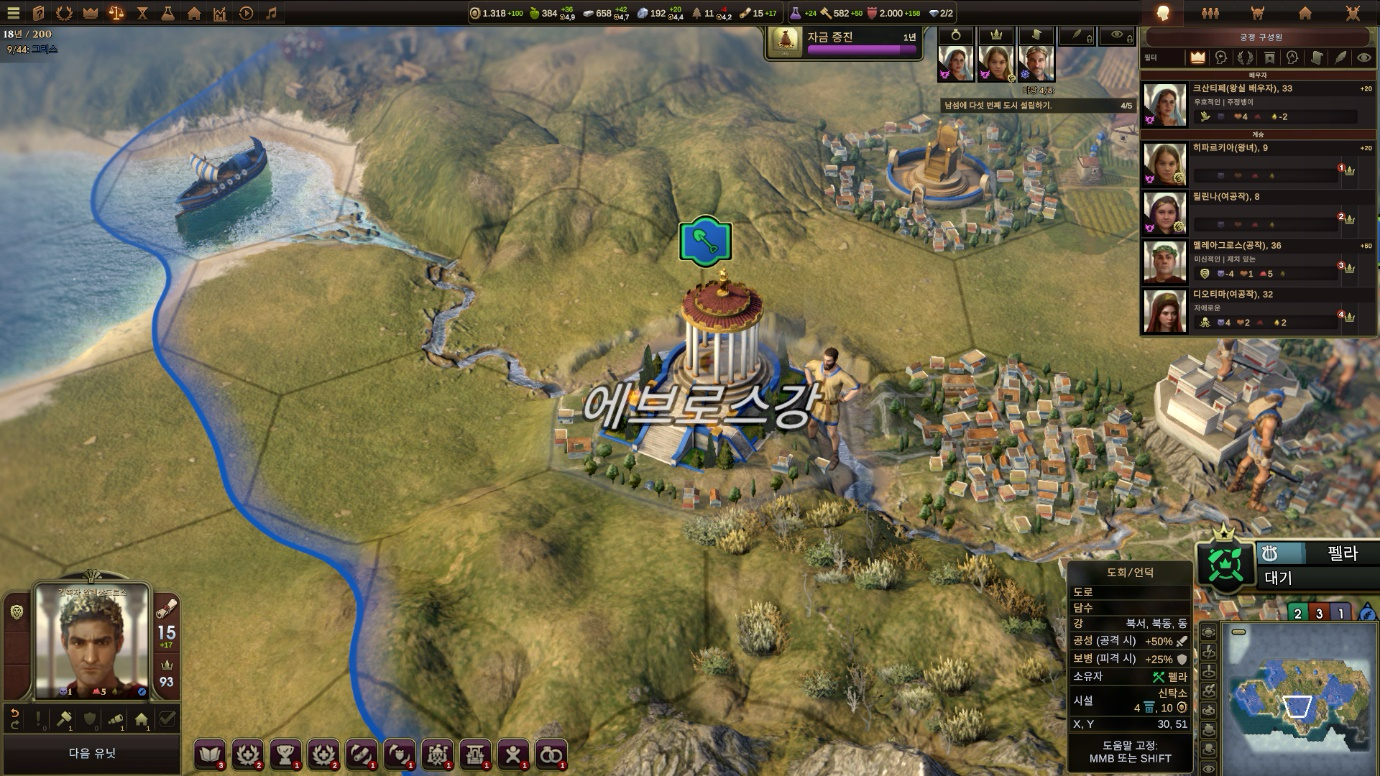
Managing your family and heirs is critical. Your dynasty’s future depends on how you raise your children. Simply having an heir doesn’t guarantee a smooth transition of power. If your son is a great warrior but too impulsive, he might bring disaster in war, leading to his younger sibling ascending the throne instead.
That’s why you must provide good education — assign mentors with ideal traits to nurture your children. Given how tutoring thrives even in modern times, it seems mankind’s obsession with education hasn’t changed since antiquity.
Even after raising a clever child, things remain uncertain. Uncles, grandparents, vassals — even your spouse — may be plotting against you.
Surprisingly, these elements blend well with the 4X genre. If you enjoy immersing yourself in 4X games with your own headcanon, this system will shine. However, compared to Crusader Kings, the family dynamics lack depth and might disappoint those expecting intricate drama.
Although Old World wasn’t designed to mirror CK, its lineage mechanics are undeniably lighter in density. At best, different noble houses have slightly varied attitudes depending on the situation. Negative impacts can be easily balanced out with luxuries or domestic policies. You may get a glimpse into the dilemmas of historical rulers — but the depth of experience is relatively superficial.
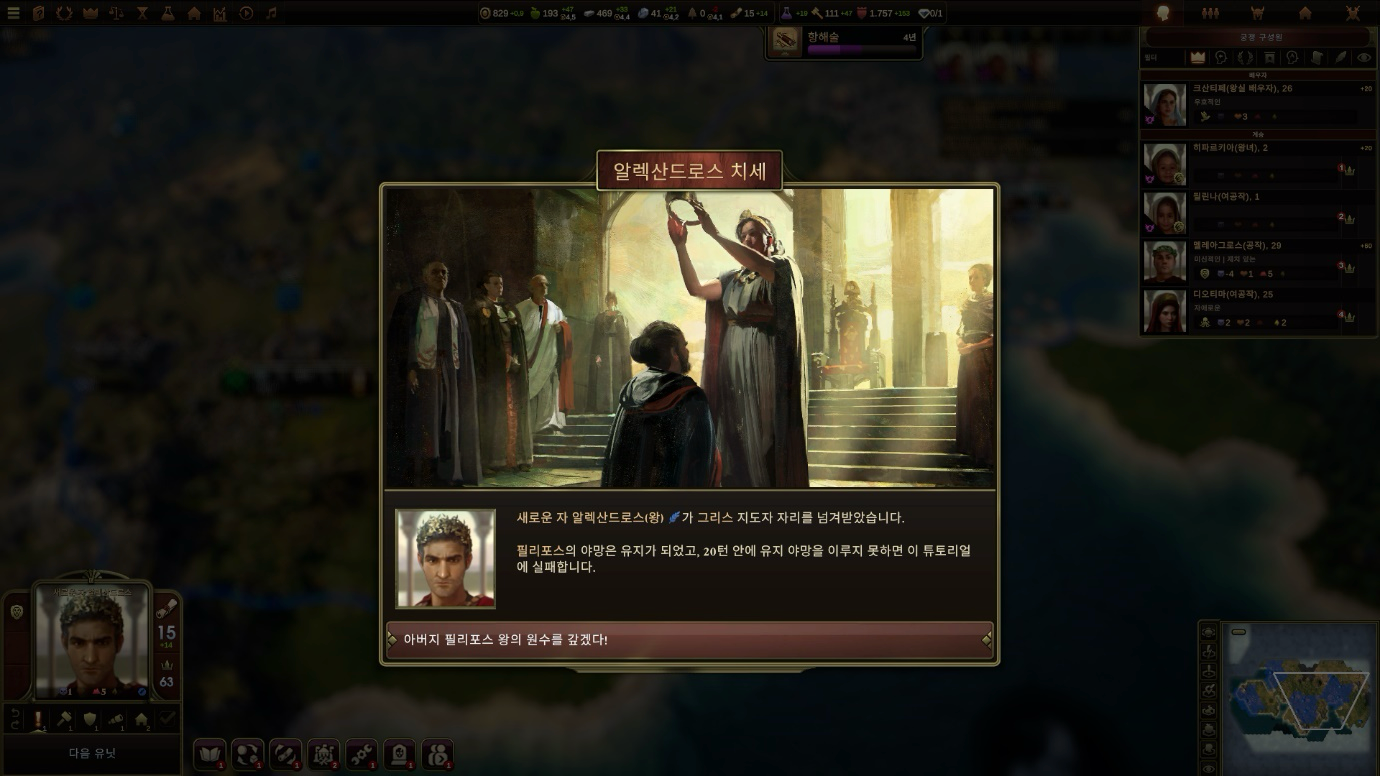
At first glance, Old World seemed like a game to be cautious about.
Too many games try to cherry-pick features and end up with no distinctive identity. But Old World turns out to be a well-crafted game that delivers its fun effectively.
It’s like Civilization, but not quite Civilization; like Crusader Kings, but not quite CK. Still, there’s hardly any other game that blends both elements the way Old World does. If you enjoy strategy games and historical themes, Old World promises a compelling time-traveling experience.
Every choice and mistake become part of a grand historical epic. These feelings are hard to grasp in English — the official Korean version on Stove is highly recommended.
▶Download Old World Korean version on Stove◀
However, when quoting content in articles, please credit it as “Smilegate Newsroom.”


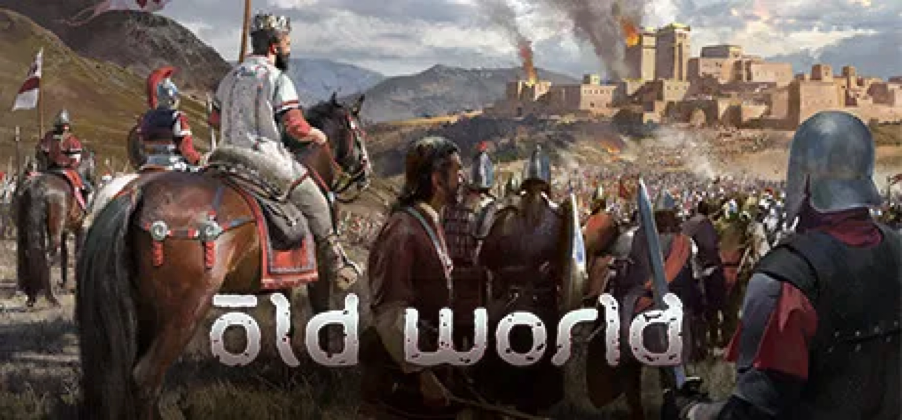
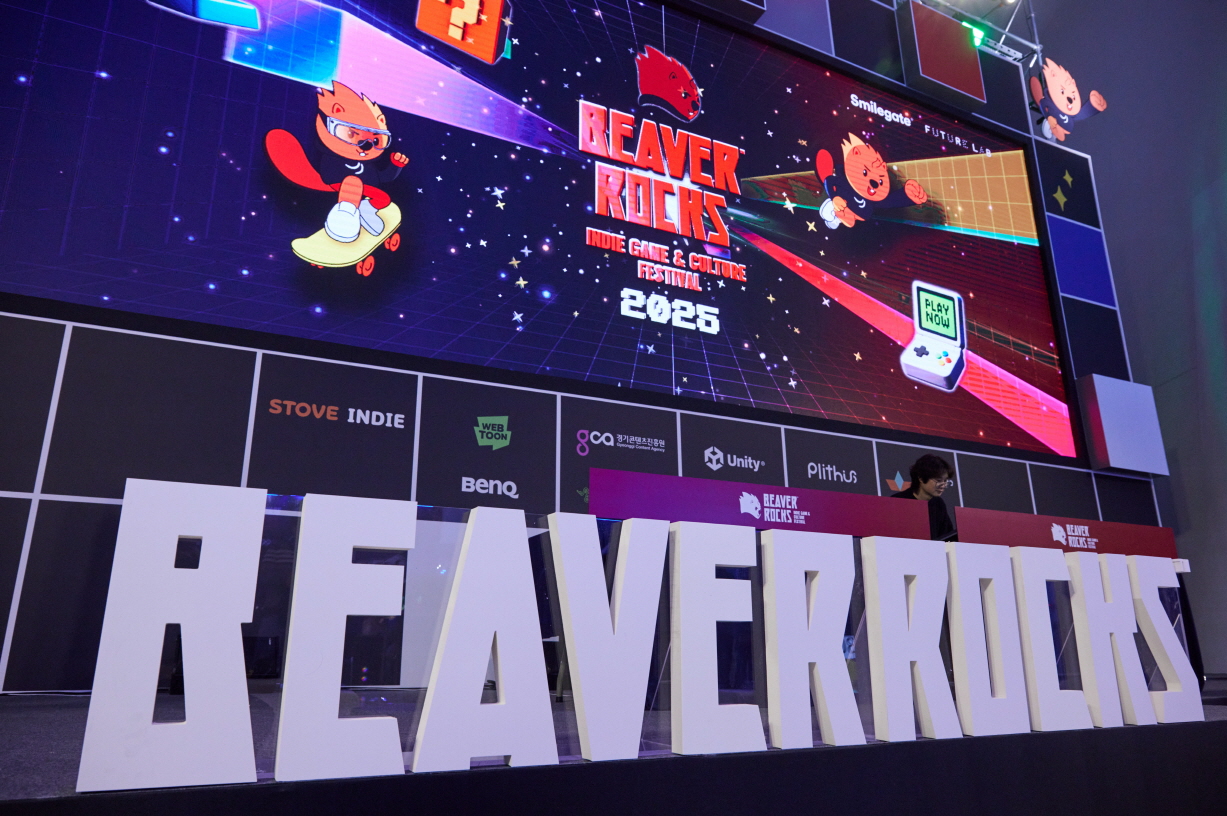


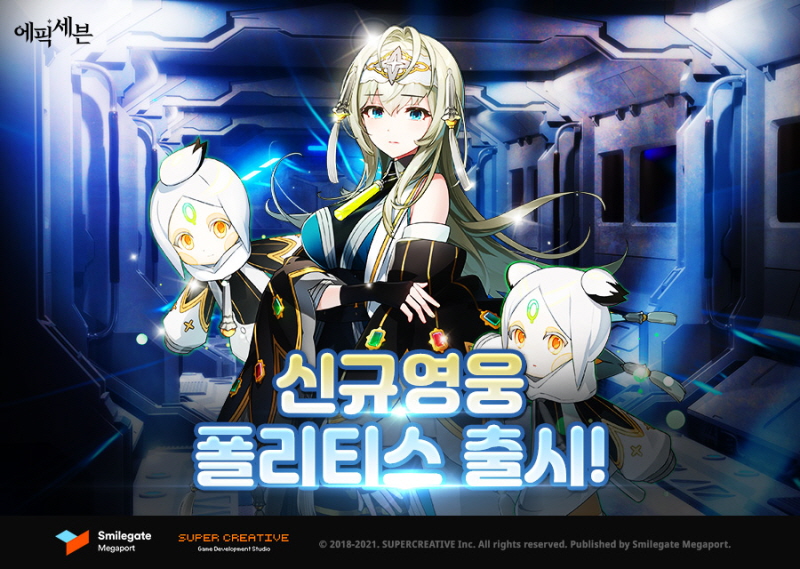




 TOP
TOP
